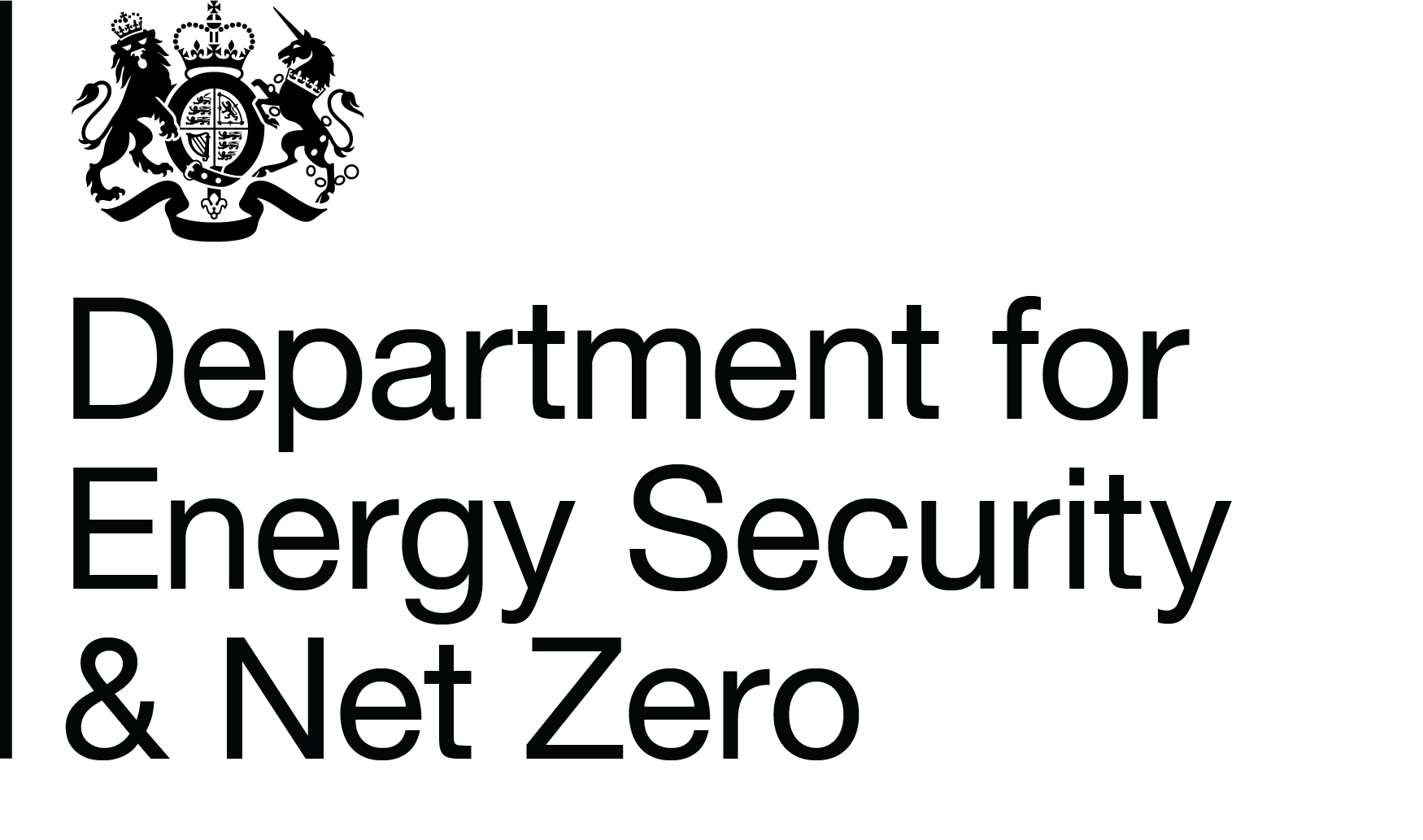Trade Union Act 2016: Consultation on the Certification Officer’s enforcement powers
Overview
We are consulting on the detail of how the proposed financial penalties regime will operate and we welcome views from trade unions, employer associations and other interested organisations and individuals. Specifically, we are seeking views on whether:
- the proposed approach to set the level of financial penalty by type of obligation breached is appropriate
- the maximum levels by type of obligation breached are appropriate; and
- the proposal to reduce the penalty maxima by 50% for unions and employer associations whose membership size is less than 100,000 is appropriate.
Why your views matter
The Government is consulting on the detail of our proposed implementation of the financial penalties regime under the Trade Union Act. We welcome views from unions, employer associations, and other interested organisations and individuals on our proposals.
.
Audiences
- Bioscience
- Biotechnology companies
- Black and ethnic minority groups
- Business journalists
- Businesses
- Central government
- Charities
- Charities and Third Sector organisations
- Charity or social enterprise
- Coal
- Construction
- Consumer law specialists
- Consumer organisations
- Consumers
- Consumers
- Disability groups
- Employment advisers
- Employment lawyers
- Energy assesor
- FE policy organisations
- FE press
- Finance
- Freelance researchers
- Further Education Colleges
- Further Education sector representative body
- Further Education students
- General public
- HE journalists
- HE Journalists and press
- HE policy organisations
- HE representative bodies
- Higher Education institutions
- HR organisations
- HR professionals
- Individual
- Individual employees
- Innovation community
- Installer
- Investment
- Landlord
- Large businesses (over 250 staff)
- Learned societies
- Learned Societies
- Legal representative
- LGBT groups
- Local government
- Low carbon technologies
- Manufacturing
- Medium business (50 to 250 staff)
- Micro business (up to 9 staff)
- Multinational businesses
- National Academies
- Non-departmental public bodies
- Non-Government Organisations
- Nuclear
- Oil and Gas
- Older people
- Parents
- Property
- Regulator
- Research Councils
- Research Funders
- Researchers
- Retail
- Science journalists
- Science Policy organisations and thinktanks
- Scientists
- Small business (10 to 49 staff)
- SMEs (small and medium businesses)
- Students
- Students
- Technology (R&D)
- The Devolved Administrations
- Thinktanks
- Tied pub tenants
- Tied pub-owning businesses
- Trade associations: pubs
- Trade bodies
- Trade union or staff association
- Training Organisation
- Universities
- Universities
- University associations
- University associations
- University staff
- Wave and tidal
- Wind
- Younger people
Interests
- Access to Higher Education
- Apprenticeships
- Bioeconomy
- Business investment
- Carbon budgets
- Carbon capture and storage
- Carbon markets
- Carbon neutrality
- Carbon offsetting
- Climate change
- Coal
- Coal
- Competitiveness
- Consumer rights
- Distributed energy and heat
- Distributed energy and heat
- Economic growth
- Effectiveness
- Efficiency
- Electricity
- Electricity
- Emissions
- Energy and climate change
- Energy and climate change
- Energy efficiency
- Energy efficiency
- Evaluation
- Flexible working
- Fuel poverty
- Fuel poverty
- Further Education
- Further Education loans
- Growth
- Higher Apprenticeship
- Higher Education
- Housing
- Housing
- Industrial strategy
- Innovation
- International
- International
- Investment
- National Minimum Wage
- Nuclear
- Nuclear
- Oil and Gas
- Oil and gas
- Productivity
- Pub companies
- Pubs
- Pubs Code Adjudicator
- Pubs Code of Practice
- R&D
- Regulation
- Regulation and red tape
- Renewable energy
- Renewable energy
- Research
- Saving energy
- Saving energy
- Science (STEM) skills
- Science and society
- Science funding
- Security and resilience
- Security and resilience
- Shared parental leave
- Simplification
- Stability
- Starting a business
- Student Loans
- Student loans
- Taxation
- University
- Workplace rights

Share
Share on Twitter Share on Facebook